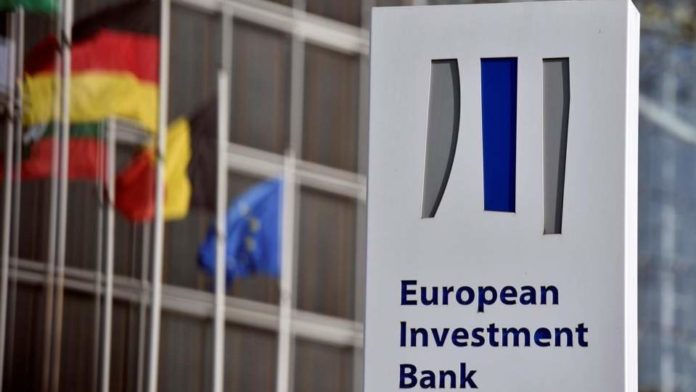The publication of the financial statements of the four systemic groups for the third quarter of 2023 begins, with analysts expecting a significant further strengthening of their organic profitability.
Alpha Bank and Piraeus Bank are making the start today, before the opening of the stock market, while Eurobank and National Bank will announce their figures next Tuesday.
An improvement in net interest income is certain to be a catalyst for their continued upward trend in earnings in this period as well.
This is because the European Central Bank (ECB) indices were adjusted by 75 basis points since last June, pushing the Euribor interbank rates, to which most loans in Greece are linked, to higher levels.
This development is estimated to have driven the net interest income of the big four in the sector to the region of 6 billion euros in the nine months of 2023, higher by approximately 55% compared to the corresponding period last year.
Also very important is the fact that net NPL flows reportedly remain at very low levels, with most borrowers showing excellent adaptability to the new higher rates.
The differences with 2022
Therefore, relying on income from traditional operations, the banks are expected to show a net result of close to 4 billion euros for the entire current year, higher compared to 3.6 billion euros in 2022.
Between the two years, however, there is a significant qualitative difference in relation to the origin of profitability.
Specifically, in 2022 over 50% came from non-recurring results, whose participation this year will be extremely small.
In addition to net interest income, support for banks’ results is provided by the following:
- Net commission income continues to grow, largely driven by the sale of investment products, for which demand has been strengthened in 2023 by depositors seeking better returns than ordinary deposit schemes.
- The increase in the cost of credit risk, in the context of the precautionary measures taken against the possibility of the creation of new bad debts in the current environment of tight monetary policy and high inflation, is small.
- Operating costs remain under tight control despite inflationary pressures, while wage increases for workers initiated under the industry’s new collective bargaining agreement are small. At the same time, the banks are enjoying the benefits of the voluntary exit programs completed in the previous months.
The dangers
Of course, not everything is rosy in the industry. There are also areas that concern bank administrations.
The main sources of concern are the following:
In today’s high-cost borrowing environment, creditworthy borrowers, primarily in business and secondarily in home equity, are paying off their balances early. This is a trend that started in the first quarter of 2023, following the first increases in ECB interest rates, and which has not yet stopped.
Given that the Eurobank will keep its indicators at historically high levels for a long time, without ruling out a new readjustment if inflation is not controlled, it is extremely likely that this practice will continue.
In recent months, there more than a few companies that request the reduction of profit margins (spreads) in their contracts with the aim of limiting the total cost of servicing their debts. Many of these requests are accepted by banks, at the risk of late payments from their customers.
It is not excluded that they will multiply in the next period, as interest rates will remain at high levels at least until the summer of 2024.
Their long-term maintenance at high levels will also affect the demand for new financing.
Lending requests are already showing a negative change compared to last year, making it extremely difficult to achieve the goals for credit expansion that the banks had set at the beginning of the year.
Pressure on net interest income will be exerted by the expected increase in interest expenses on term deposits. This will come both from the upward adjustments of yields, which it is estimated that the banks will proceed in the coming months, and from the expected transfer of deposits from the savings bank to term accounts.
Finally, it remains to be seen whether the good course of collections on existing loans will be denied or if banks will be forced to write more provisions to cover any new non-performing exposures.








![ΕΛΣΤΑΤ: Αύξηση 0,8% στη δύναμη του ελληνικού εμπορικού στόλου τον Μάιο [γράφημα]](https://www.ot.gr/wp-content/uploads/2025/07/stolos-300x300.jpg)




















![ΕΛΣΤΑΤ: Αύξηση 0,8% στη δύναμη του ελληνικού εμπορικού στόλου τον Μάιο [γράφημα]](https://www.ot.gr/wp-content/uploads/2025/07/stolos.jpg)






![ΕΛΣΤΑΤ: Μείωση 4,2% στις τιμές εισαγωγών στη βιομηχανία τον Μάιο [πίνακες]](https://www.ot.gr/wp-content/uploads/2025/07/Industrial-production.jpg)





